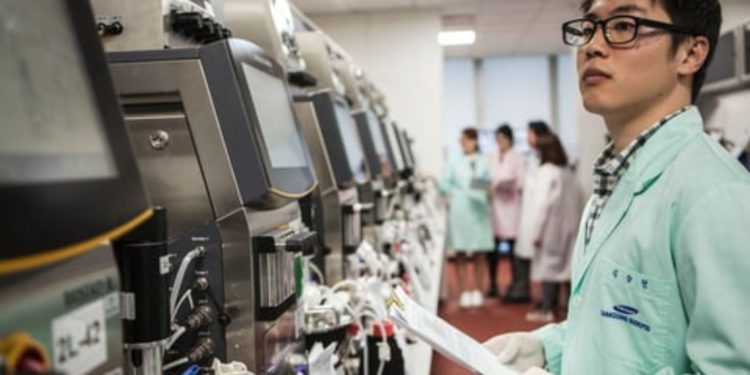South Korea has taken crucial steps to curb illegal poaching by Chinese companies and to ensure that Korean key technology is not going into foreign hands. For this, South Korea is working on a database of chip engineers that will monitor travel in and out of borders.
The new project is a part of the country’s five-year plan to protect and strengthen intellectual property rights. It will be accomplished with the help of government agencies, including the National Intelligence Service, Korean Intellectual Property Office, industry and justice ministries.
The National Intelligence Service recently conducted surveillance operations wherein it was found that a growing number of cases of technology leaks came from Chinese enterprises.
Chinese companies were at the top when technology concerns increased in 2020. In one such investigation, out of 112 people suspected of poaching trade secrets, 80% of them involved people from China.
Reportedly, there have been 397 cases of technology leaks in the past five years. The problem is significantly growing for tech giants such as Samsung Electronics and LG. Since such companies highly rely on their technological edge, tech leaks have become a severe concern to them.
The government will be making lists of people who have advanced knowledge in areas where the country stands competitive in the global market. Korea has listed 12 such “national core technologies,” including batteries, ships, organic light-emitting diode displays, and steel.
South Korea aims to monitor and track the ins and outs of people from the list. In addition, the country has asked business and research institutions to inform about the people who could get on the list.
According to the industry ministry, the new regulations will discourage engineers from going to rival countries.
Interestingly, the new database to be generated does not apply to South Koreans alone. The country plans to include foreign employees working at South Korean firms, and those working for foreign companies will also be included in the list. For example, the ministry can track engineers and other employees from China and Japan working in South Korea for Japanese enterprises.
If the regulations are imposed arbitrarily, foreign enterprises may object to the list’s criteria. Therefore, the ministry is yet to define its scope.
Since monitoring such cases demands technical background for inspectors, the Intellectual Property Office is coming up with a Technology and Design Police unit that will dedicatedly deal with complex and technical cases.
South Korea will be introducing penalties and punishments for violating trade secrets law. At present, people who break trade laws are typically fined for the violation.
On the other hand, the ministry is encouraging highly skilled citizens to stay in the country by subsidizing their 30% of a special bonus.
With the new project, South Korea indeed aims to curb tech leaks to foreign countries, but it also encourages the home-grown technology to remain within the boundaries.







